"I grew up with my parents playing good cop bad cop" and experts say the parenting tactic is damaging
Many parents assign 'good cop bad cop' roles when it comes to parenting, but it may have a knock on effect in your relationship
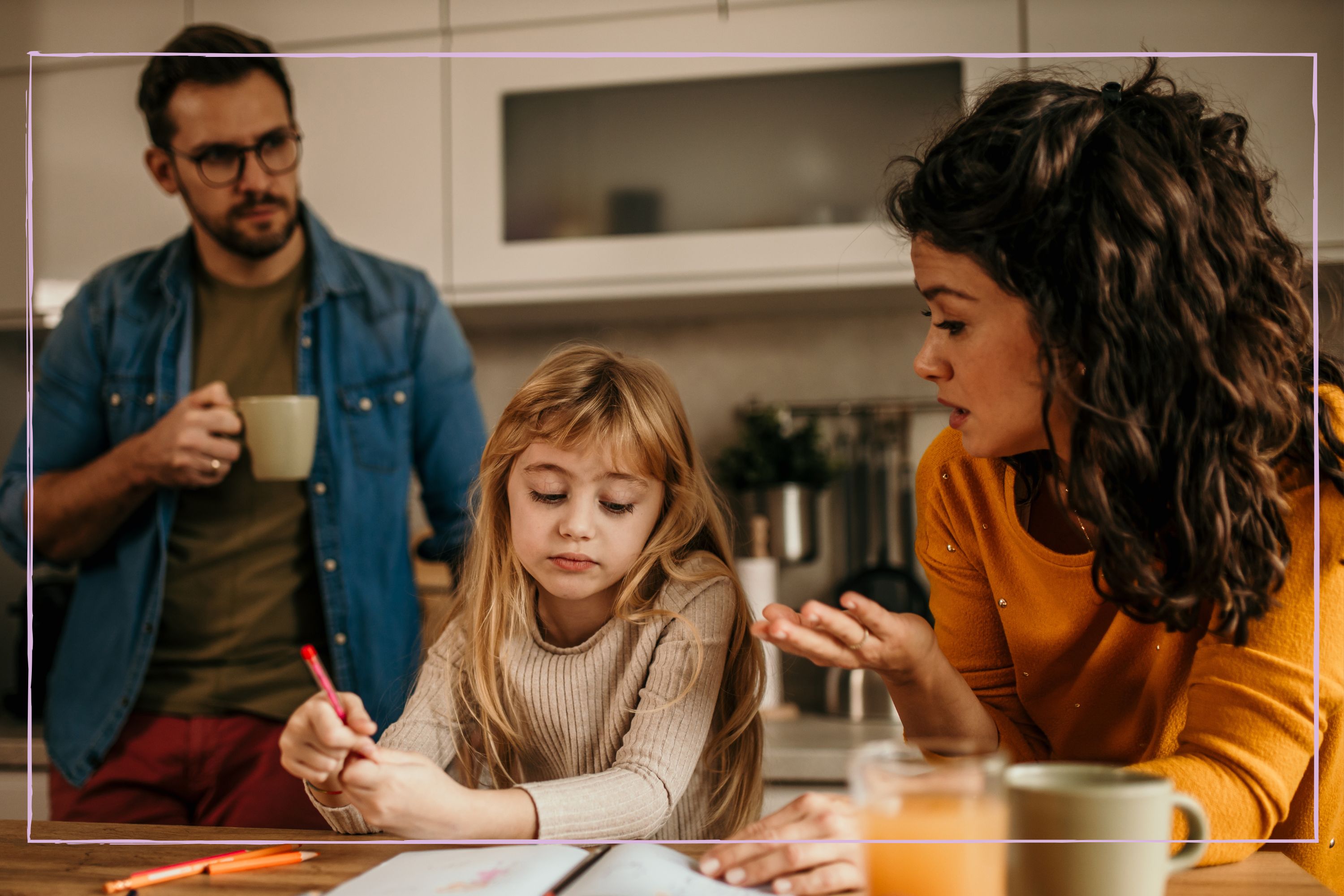
An expert has revealed why parents playing 'good cop bad cop' can be damaging not only for kids, but also for parents' relationships.
Having a child can massively impact our relationships, especially as research has shown parenting and marriage today are 'harder' than ever before. Expanding your family can have so many knock-on effects, shaking the stable footing of your partnership and even if you have found your soulmate, you can find yourself getting annoyed with them a little quicker and picking arguments for unknown reasons.
Now, an expert has revealed that these struggles are likely made worse for those parents who have adopted a 'good cop bad cop' approach to parenting. Writing in the new book Couples as Parents, which shares insights from a number of experts, couples' therapist Sophie Corke explained that these opposing parental roles can often leave parents feeling 'trapped' and causes arguments as each 'cop' turns to 'angrily asserting' what could instead be a calm conversation between partners.
Explaining what 'good cop bad cop' parenting is, she explained, "These are couples… whose conflict centres around their management of and relationship with their child or children.
"Unlike in reasonably well-functioning families, where it might be openly acknowledged that one or another parent is a 'soft touch' or parents may alternate their stance, 'good cop – bad cop' parents feel trapped in rigid roles… unable to see the other's point of view."
There's also a pattern of who tends to be which cop. Corke explained that the 'bad cop' tends to be the stay-at-home parent or the primary caregiver and this often leads them to take total responsibility for the child's practical needs. This then, she explains, frees the 'good cop' parent to 'have all the fun.'
She added, "The 'bad cop' parent may be characterised by the 'good cop' as overly traditional, strict or rigid. Conversely, the 'bad cop' may accuse their partner of being cowardly in refusing to say 'no' and of spoiling their children."
GoodtoKnow Newsletter
Parenting advice, hot topics, best buys and family finance tips delivered straight to your inbox.
Claire Law, a teacher, relational psychotherapist, and senior contributor at Four Minute Books, told us here at GoodTo.com of 'good cop bad cop' parenting, "When parents flip-flop between being the 'good cop' and 'bad cop', it sends confusing, mixed messages. Children thrive when they have clear, agreed upon rules and consequences that both parents enforce consistently. This helps them feel secure and learn appropriate boundaries."
In addition, she says that the style can put a massive strain on the parents' relationship. "It breeds tension, resentment and disunity," she explains. "Parents need to be on the same page, but that becomes nearly impossible when one is always playing the 'heavy' and the other enables the child by swooping in as the 'saviour'.
"This dynamic also makes healthy compromises much harder to reach," she adds. "If one parent feels they always have to 'win' and get their way, it shuts down constructive discussion and prevents mutually agreeable solutions. Instead, both parents need to feel heard, respected and willing to meet in the middle."
Navigating relationships after starting a family can be difficult. Life can sweep you up and learning how to explain the mental load of that to your partner is hard but necessary. You may find yourself feeling disconnected from your partner after having a baby, which is completely normal, but when you're ready there are plenty of ways to connect with your partner after your kids have gone to bed including one simple habit that could get your sex life back on track after having a baby.
Charlie Elizabeth Culverhouse is a news writer for Goodtoknow, specialising in family content. She began her freelance journalism career after graduating from Nottingham Trent University with an MA in Magazine Journalism, receiving an NCTJ diploma, and earning a First Class BA (Hons) in Journalism at the British and Irish Modern Music Institute. She has also worked with BBC Good Food and The Independent.
-
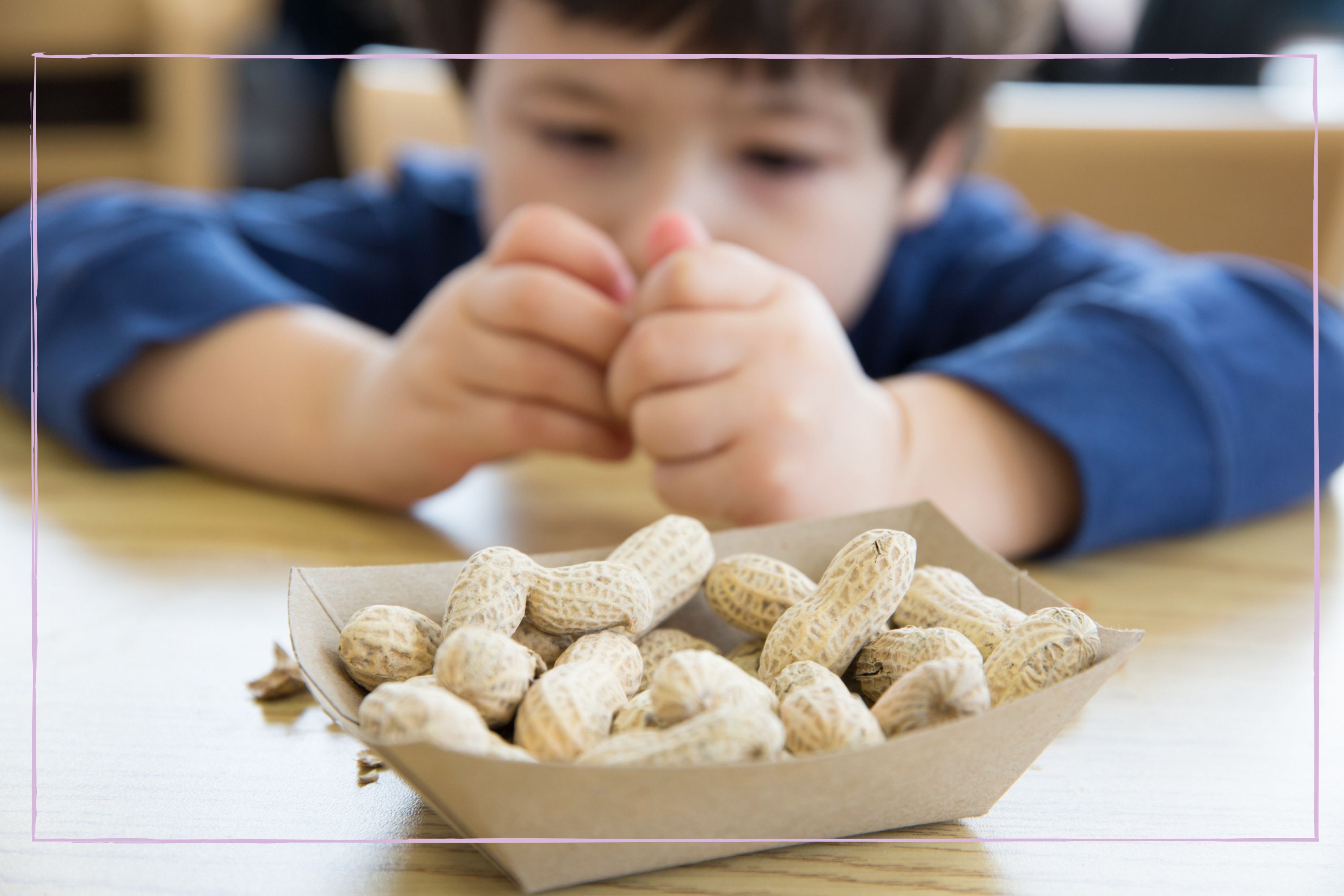 12 things parents of allergy children really want everyone to know
12 things parents of allergy children really want everyone to knowWe spoke to some parents who have children with allergies - they want everyone to know just how serious and debilitating it can be when your child suffers allergic reactions to food.
By Lucy Wigley
-
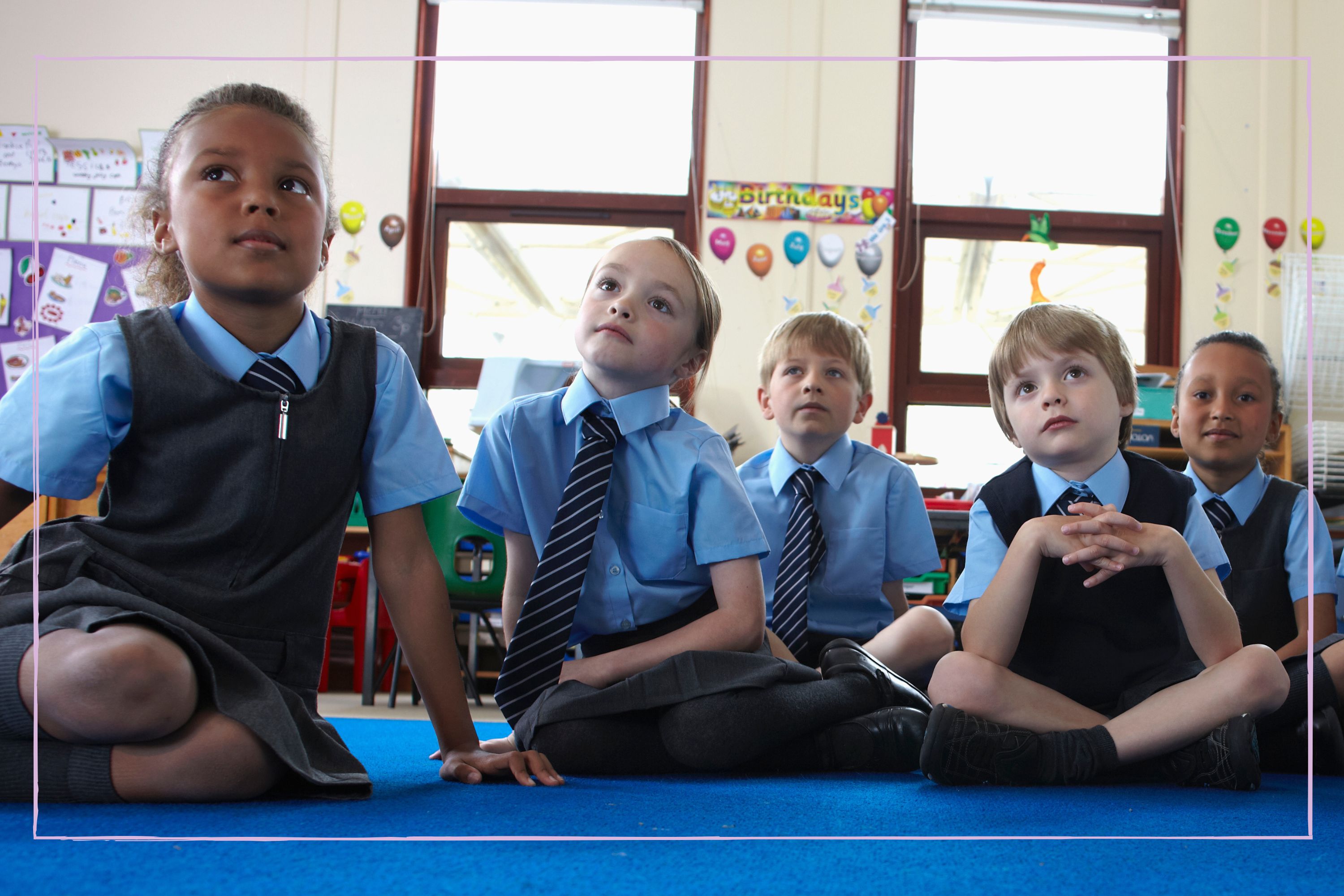 Want to feel old? Watch hilarious video of kids baffled by the school tech their parents used
Want to feel old? Watch hilarious video of kids baffled by the school tech their parents usedMost schoolchildren have no idea what the common classroom tech from just a generation ago was used for, let alone how to use it
By Charlie Elizabeth Culverhouse
-
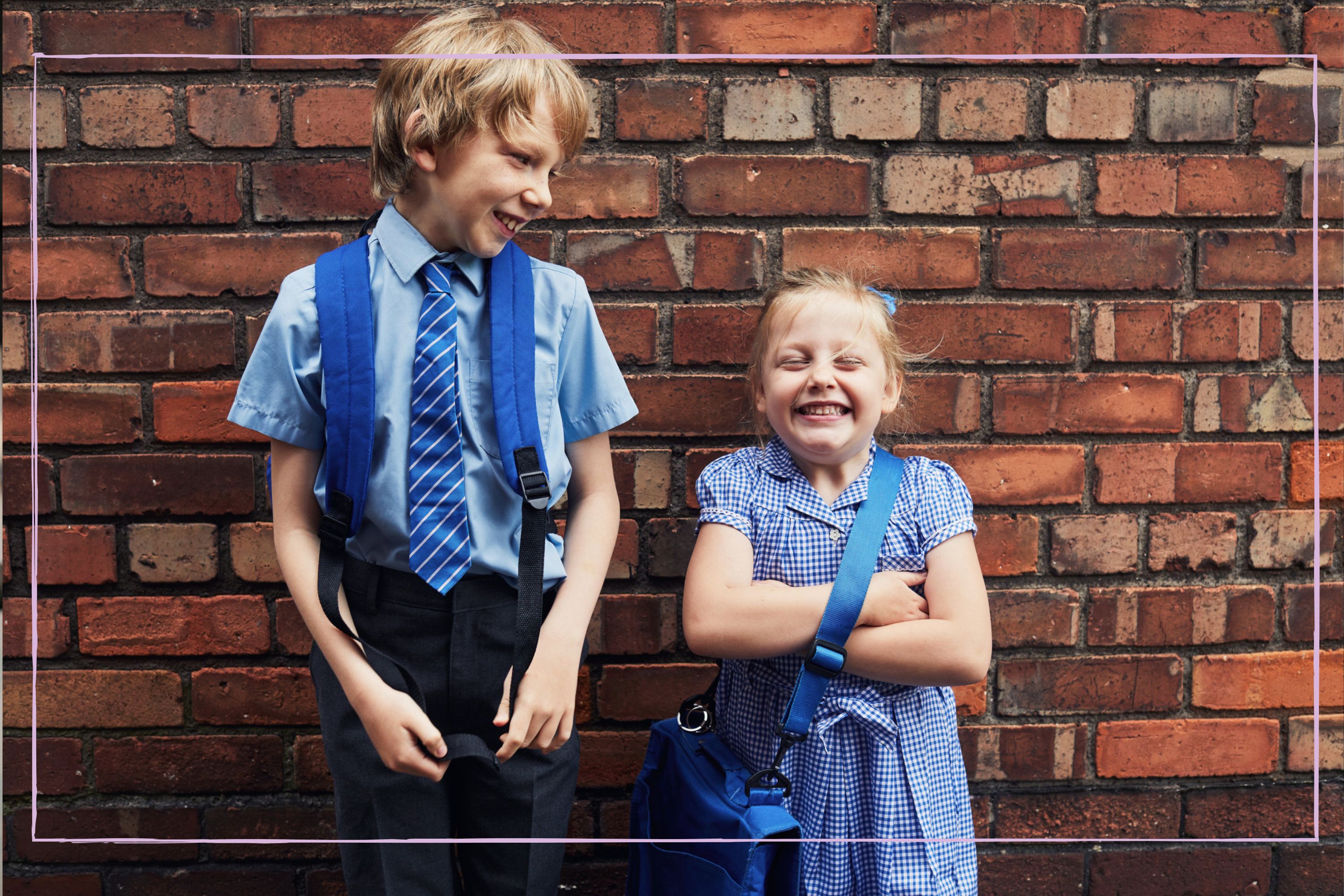 Back to school photo checklist - here's what parents need to think about first, from an expert
Back to school photo checklist - here's what parents need to think about first, from an expertBefore you post that adorable back to school photo online for your friends and family to see, a parenting expert wants you to think carefully about how much the picture reveals.
By Lucy Wigley
-
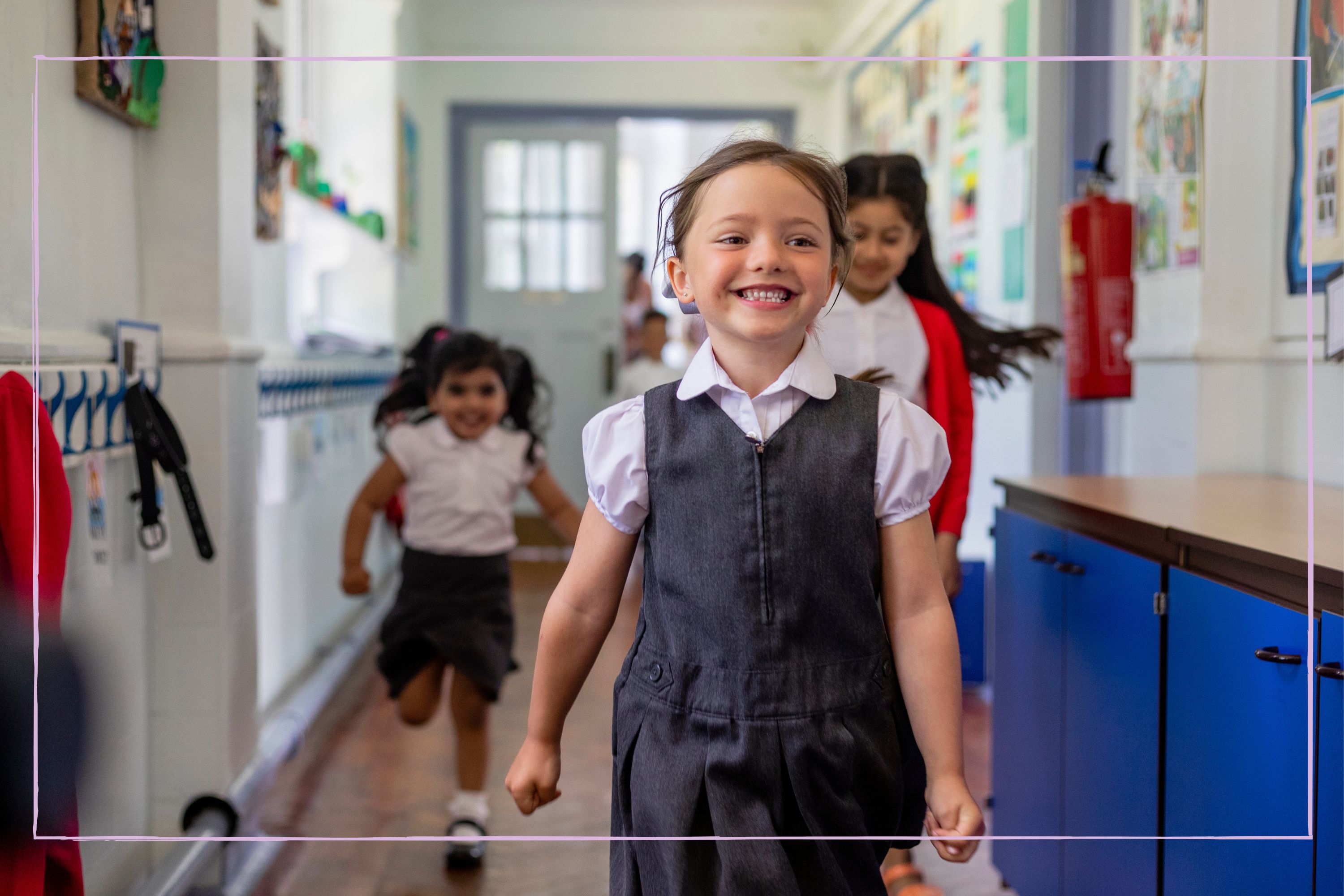 4 phrases to help kids settle on first day back at school, according to a child development expert
4 phrases to help kids settle on first day back at school, according to a child development expertIt's natural for kids to struggle with some 'separation anxiety' when returning to the classroom, and dealing with it is so much easier with expert insight
By Charlie Elizabeth Culverhouse
-
 Oasis reunite - the 15 facts your kids need to know about 90s band
Oasis reunite - the 15 facts your kids need to know about 90s bandEducate your kids on music's most infamous falling out and get them just as excited as you are for the Oasis reunion
By Charlie Elizabeth Culverhouse
-
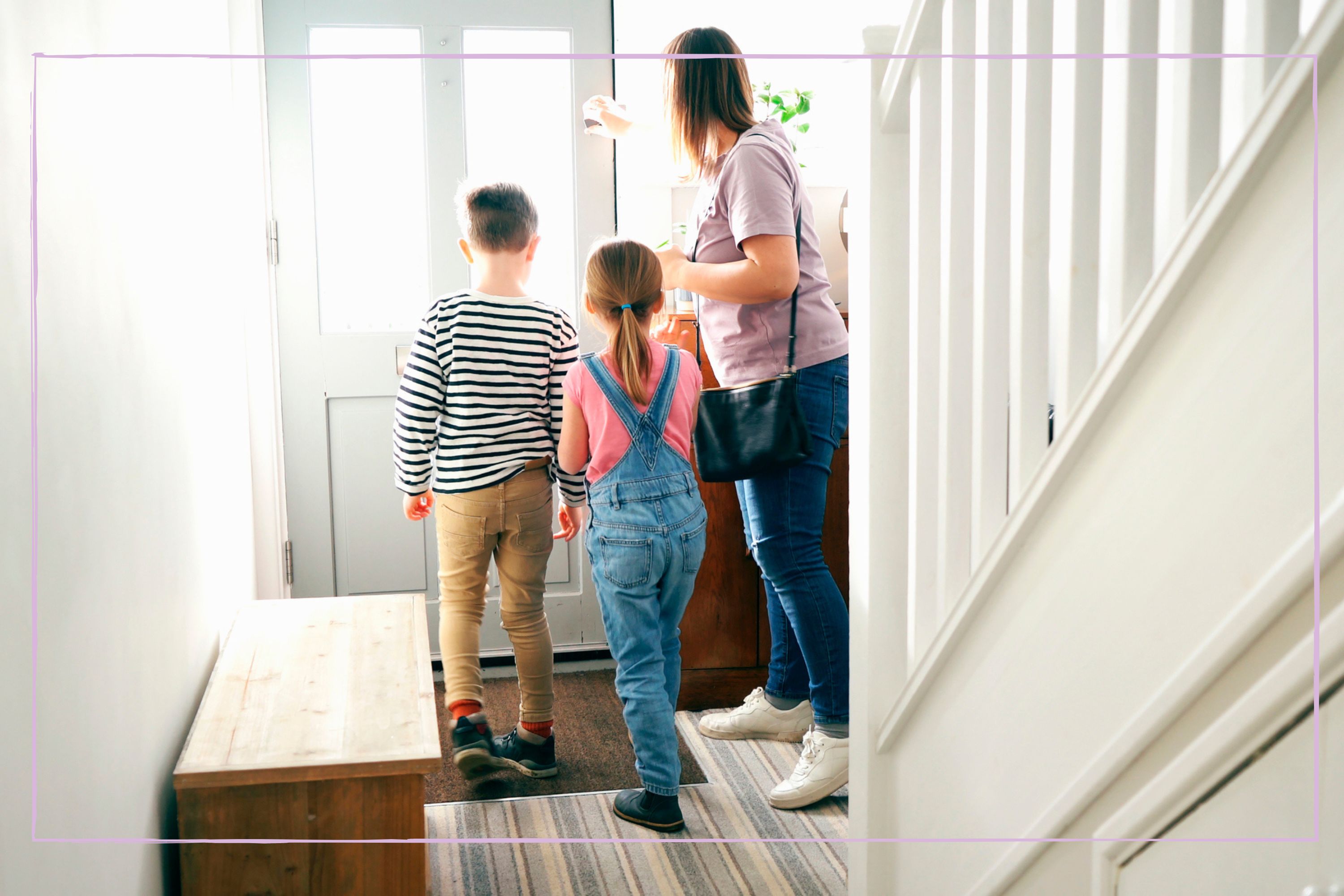 5 surprising ways rushing your kids out the door can be damaging, according to experts
5 surprising ways rushing your kids out the door can be damaging, according to expertsAre you always rushing your kids out the door? Life is a constantly hectic schedule and although you need to be places on time, it can actually be damaging to kids.
By Lucy Wigley
-
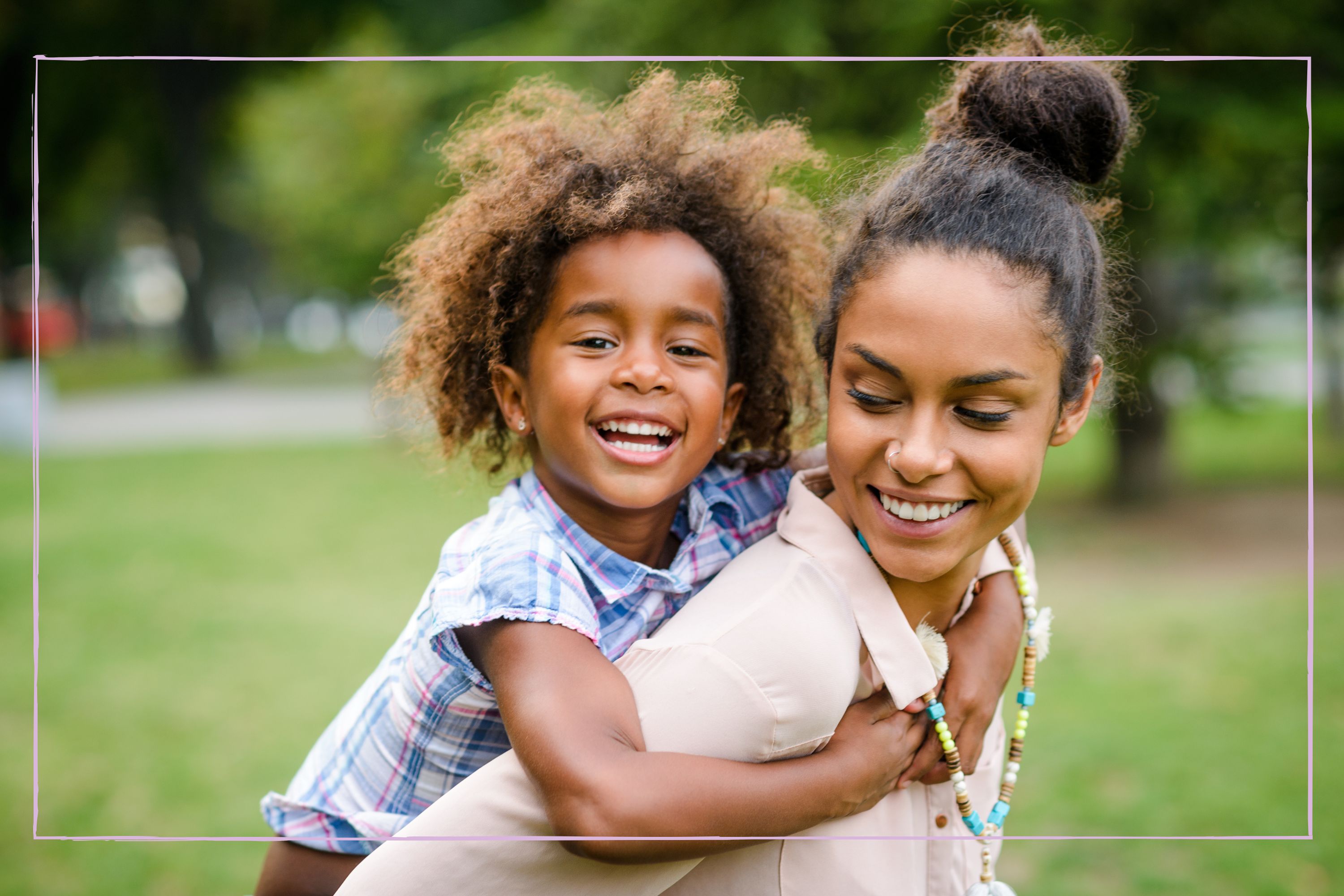 10 ways Millennial parents are ‘breaking the cycle’ - and teaching kids life lessons they were never taught
10 ways Millennial parents are ‘breaking the cycle’ - and teaching kids life lessons they were never taughtBeing a 'cycle-breaker' is vital for parents who want their kids to learn life lessons they were never taught
By Charlie Elizabeth Culverhouse
-
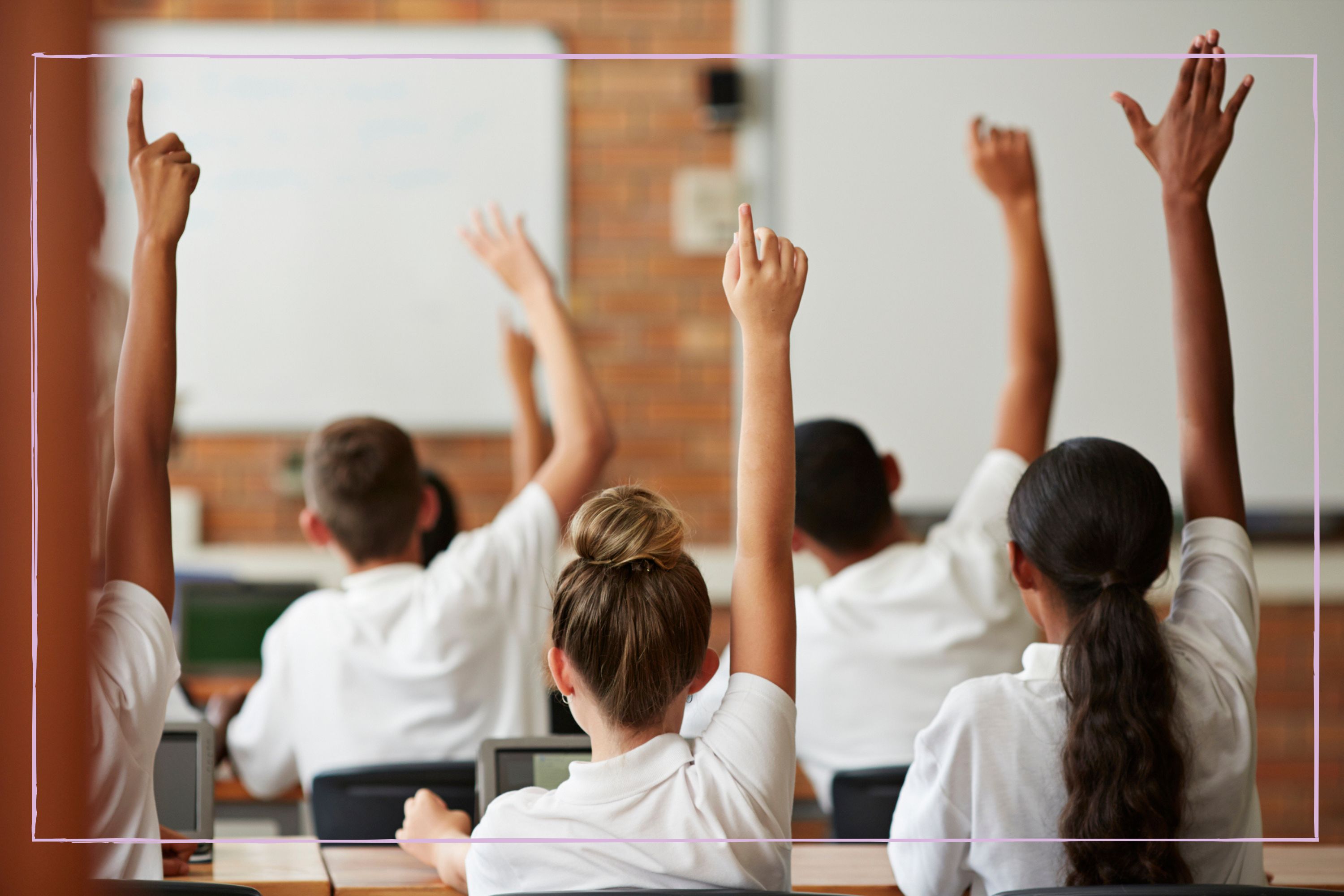 Plans to teach children how to spot ‘disinformation, fake news and putrid conspiracy theories’ in schools unveiled
Plans to teach children how to spot ‘disinformation, fake news and putrid conspiracy theories’ in schools unveiledIn a bid to tackle how children interpret what they see online and how they spot fake news, the government has announced how this will be handled in schools.
By Lucy Wigley